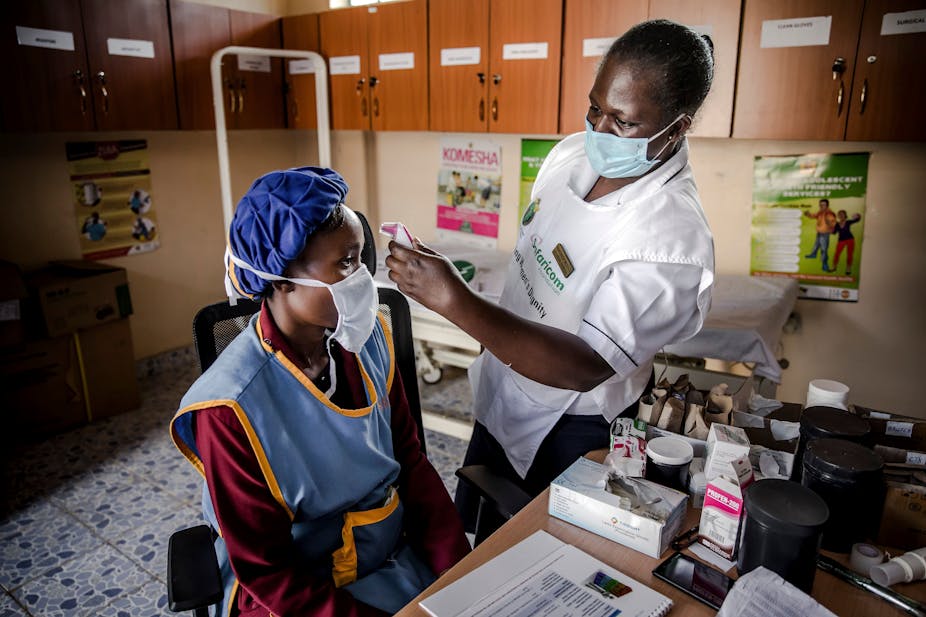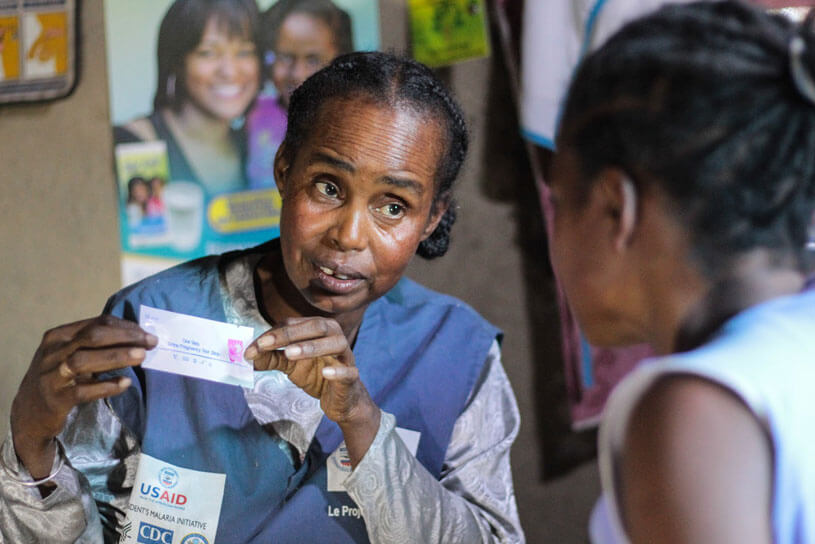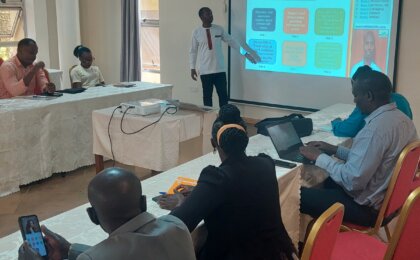The History of PHC (Part 3): The Introduction of Selective Primary Health Care!
Selective Primary Health Care is the approach to PHC that considers treatment or management of the few diseases that cause the most mortality and morbidity and for which effective treatment exists. It is basically about choosing and concentrating on a few things (a few aspects of health) among those that Primary Health Care (PHC) was forwarding. It’s like someone saying, well, we have been giving you water, food, and clothes, right? Well, starting with today, you will only get food from us! Take care of the rest yourself!
But what is PHC? And what are we talking about? Well, you need to read part 1 and part 2 of this PHC exploration!

SUPPORT: Do you wanna support us? Just buy an E-book here (from as low as UGX5,000)
Post Alma Ata Declaration: The birth of Selective Primary Health Care
Just one year after the Alma Ata Declaration, there was criticism of the holistic or comprehensive approach proposed by PHC for being unrealistic, idealistic, and too broad (Magnussen, Ehili, & Jolly, 2018).
While most authors (Cueto, 2004; Jolly, 2018; Sanders, 2014) agree with the common citation that the campaign against CPHC began with Julia Walsh and Kenneth S. Warren’s paper ‘Selective Primary Health Care, an Interim Strategy for Disease Control in Developing Countries’ in 1979 or 1980, Mahler’s biographer at Radboud University states clearly that WHO staff members campaigned against PHC and Mahler first before any external forces.
In the words of the biographer:
Mahler’s radicalism won him passionate admirers, but also many detractors. Within the WHO some staff members doubted whether the Health for All reform could be operationalized. It was even mocked by high-level staff, ‘who counted the number of days remaining until the end of the century’ (Litsios 2002: 725).
Primary Health Care was hardly implemented in developing countries, not only due to a lack of resources and resistance by medical professional associations but also because the WHO regions did not assume the roles that Mahler had envisaged for them (IO BIO, Biographical Dictionary of Secretaries-General of International Organizations, see the biography here, page 2)
By 1979, outside resistance to PHC had also set in. It is in this year Julia Walsh and Kenneth S. Warren published their controversial work that called for Selective Primary Health Care (SPHC).

READ THIS TOO: The history of PHC Part 1
According to a document or letter written by Kenneth S. Warren himself which Current Contents (a rapid alerting service database from Clarivate Analytics, formerly the Institute for Scientific Information and Thomson Reuters) later released in 1993, Warren partnered with Walsh on the study in response to Rockefeller Foundation’s assignment or requests.
According to Warren, after his 21 years as a biomedical investigator, the Rockefeller Foundation-RF called him in as a director for health sciences. Soon enough, he was asked to organize a meeting on healthcare delivery. Probably, it is the physician and President John H. Knowles who requested Warren to organize the meeting.
Cueto (2004) talks of Knowles as ‘the inspiration and initial framework for the meeting.’ He was editor of ‘Doing Better and Feeling Worse,’ and strongly believed in the need for more primary care practitioners in the United States. Anyway, Warren declined this request because of ‘not knowing the field and not caring: the typical arrogance of a biomedical researcher of those days’ (Warren, 1993).
Around that time (before the meeting), says Warren, a paper by Robert N. Grosse was making rounds. In that Paper, Grosse (1980) discussed the interrelations between health and populations whereby he compared life expectancy with health, economics, and social indicators.
According to Warren (1993), Robert N. Grosse concluded that social indicators were predominant (in other words, low and high life expectancy were associated with low and high social indicators respectively). Grosse’s findings must have surprised Warren, a specialist in biomedical science, immunology, and pathogenesis studies, who saw diseases as major takers of human life, and not necessarily some distant social challenges!
Thus, he (together with the Foundation’s visiting researcher, Julia Walsh) started the study to understand deeply the relative roles of each of the lethal diseases of the developing world to the overall mortality and morbidity (Warren, 1993).
According to Cueto (2004), Warren and Walsh concentrated on the specific causes of death, for example, diarrhea and diseases due to lack of immunization, and suggested specific entry points for care. The paper suggested interventions like immunization, Oral Rehydration Therapy, breastfeeding, and antimalarial drugs for African children (Walsh and Warren, 1979).
Cueto (2004) cites growth monitoring as part of the proposed interventions and, in addition, highlights that the ‘antimalarial drugs’ talk did not appear anywhere in subsequent proposals except in the original paper. This brings us to growth monitoring, Oral Rehydration Therapy, Breastfeeding, and Immunization (GOBI).
READ THIS TOO: The history of PHC Part 2
In both the paper and in the meeting (also called the 1979 Rockefeller Foundation ‘Health and Population Development’ conference), selective Primary Health Care (GOBI) was suggested as the interim strategy.
According to Warren’s narration, their (Warren and Walsh) findings were presented in the meeting but were completely ignored (Warren, 1993).
The researchers then decided to publish their work with the New England Journal of Medicine to attract more attention, which they got! Sadly, the attention was still negative (Warren, 1993). In the days that followed, debates went on between those who believed in CPHC (horizontal care) and those who opted for SPHC (vertical care).
At the same time, during these ‘debate’ years, UNICEF launched the ‘Child Survival Revolution’ (1982-1990s). In the next article, we are going to look into some of these debates, elaborate more on GOBI and GOBI-FFF, and look into the UNICEF’s program of Child Survival Revolution and how PHC or Comprehensive PHC (CPHC) got kicked out!



